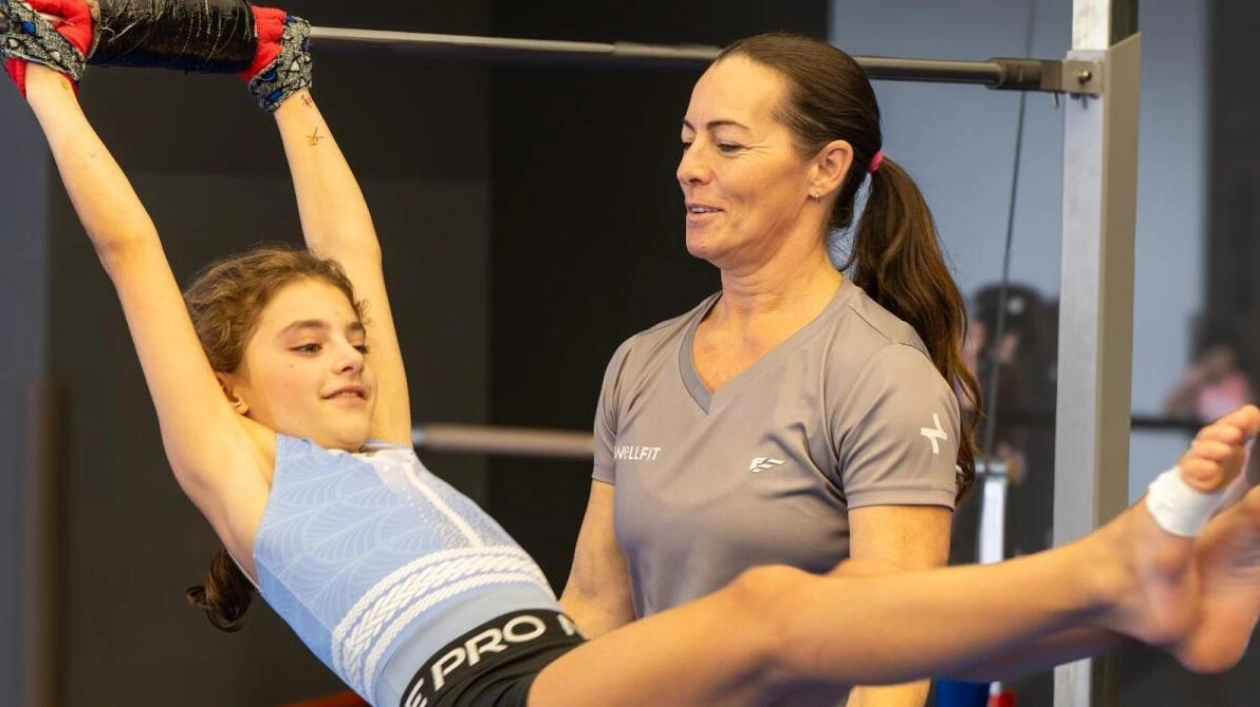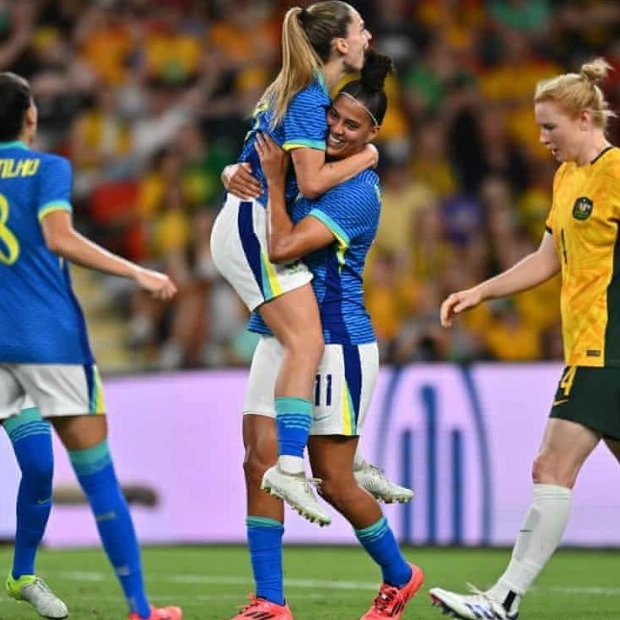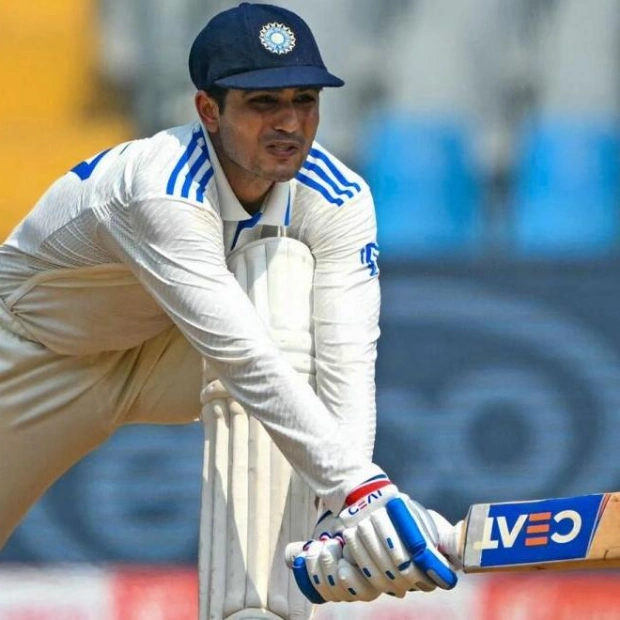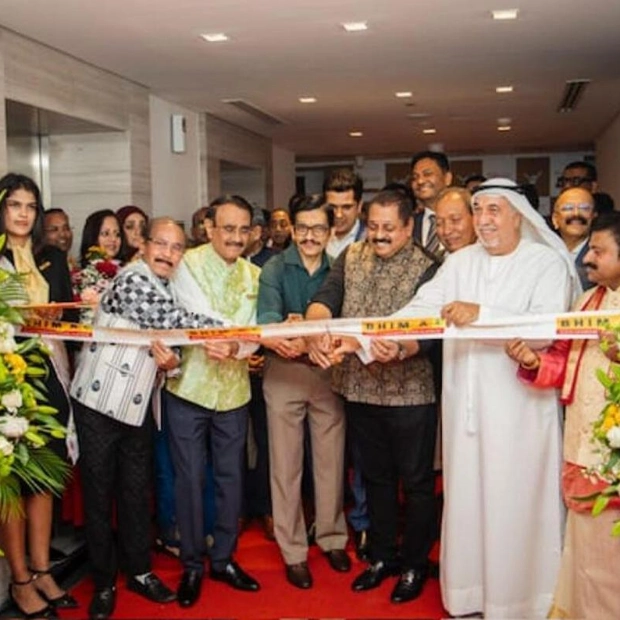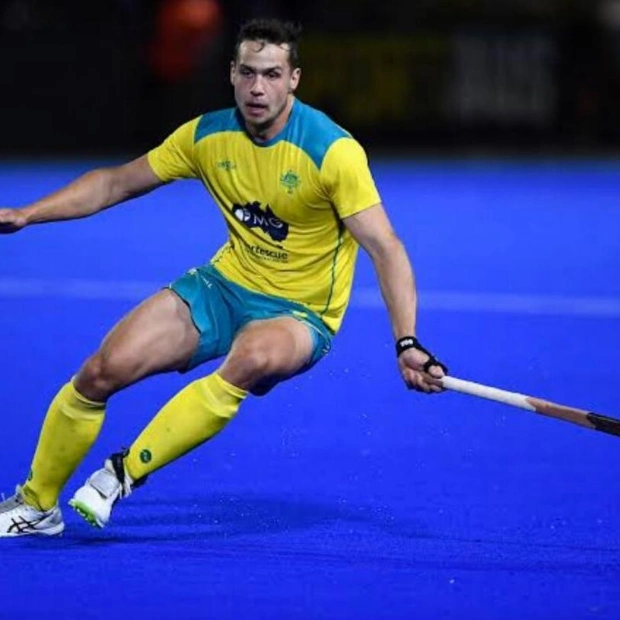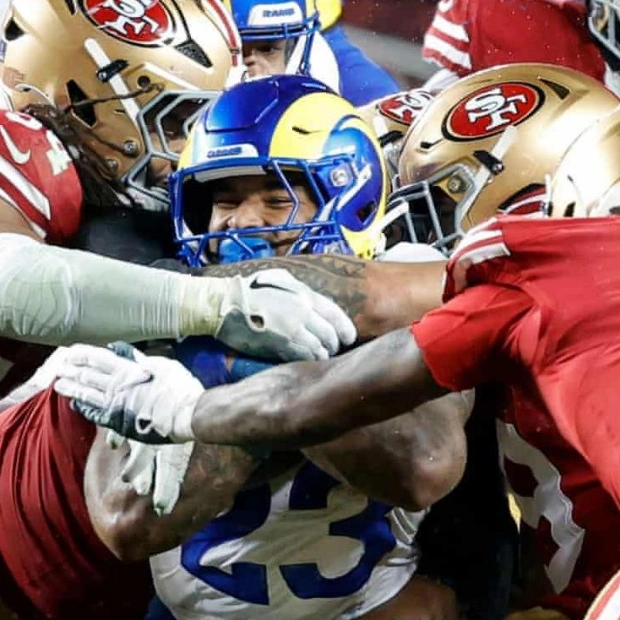Sarah Mercer, a former British Olympian and the head coach at Wellfit Gymnastics, is seen here with a young gymnast. — Photo by Shihab
The life of a gymnast was far from easy for British Olympian Sarah Mercer. Born in South Africa, Mercer spent her formative years in the United States, where she demonstrated a natural talent for artistic gymnastics. However, breaking into the US national team was an enormous challenge, as she first needed to secure a green card. The other option, representing South Africa, was not feasible due to the country's global isolation during apartheid. Determined to showcase her skills on the international stage, Mercer opted to compete for Great Britain.
“At that time, representing South Africa in international sports was not possible, so I ended up representing Great Britain because my grandmother was English,” Mercer recounted. It was with the British team that Mercer competed in two European Championships and became the World School Games champion at the age of 15. In 1992, the Durban-born gymnast fulfilled her Olympic dream by competing in the Barcelona Games, where one of her highlights was exchanging high-fives with the Dream Team, the iconic US national basketball team featuring Michael Jordan and Magic Johnson.
Now a resident of Dubai, Mercer serves as the head coach at Wellfit, with the goal of nurturing elite international gymnasts. However, the 49-year-old acknowledges the challenges she faces, as most UAE residents view gymnastics primarily as a recreational activity. “In this country, the level is not the same as you would expect in other countries because, firstly, there is no federation, and secondly, gymnasts disappear during the summer months,” she explained. “When a gymnast takes three months off, that means there is no high-level gymnastics. You can’t really take a month or two months off.”
Mercer’s concerns about the lack of a national federation might soon be alleviated, thanks to Malak Alfarsi, a passionate advocate for gymnastics. Alfarsi’s daughter, Lamia Tariq Malallah, is the only Emirati female rhythmic gymnast in the UAE. Alfarsi has been working tirelessly to establish a governing body for the sport. Along with her husband, Tariq Ali Abdullah Malallah, Alfarsi has held several meetings with UAE sports officials and government authorities to lay the groundwork for a national federation.
“I am hoping within the next two months we will get the approvals from the UAE National Olympic Committee and then from the FIG (International Gymnastics Federation),” Alfarsi said. For someone who has dedicated her life to gymnastics, hoping to see Lamia represent the UAE at the Olympics, Alfarsi understands the challenges of the sport. “It’s an expensive sport, similar to horse riding, a niche sport. The technicality is so high that you must start at a very young age. You have to take it up at three or four and start professionally, where the child needs to be dedicated from such a young age, the family needs to be dedicated, it’s a lot of work,” she explained.
“It has very specific needs; you can’t miss training, you have to train six days a week, sometimes seven days. Not every child can go through that. So the Emiratis, after some time, they give up for two reasons — one, it’s too hard and painful for the kids, and second, there is no federation.” Having a national federation, Alfarsi believes, will be a significant boost for any child aspiring to follow in the footsteps of her 13-year-old daughter Lamia, a decorated gymnast with several podium finishes in international competitions.
“There are more than 44 (gymnastics) clubs in the UAE. But we need a federation for the talented kids to pursue the dream of representing the country at big events like the Asian Games and the Olympics,” said Alfarsi, who owns the Dubai Youth Olympic School of Rhythmic Gymnastics. Even with a federation in place, young UAE gymnasts may face social obstacles due to cultural norms. However, Alfarsi is optimistic.
“Rhythmic gymnastics is a women-only sport, so the Emiratis should be more comfortable (in sending their kids to clubs),” she said. “You don’t have to train with men, you don’t have to compete with men, so it’s easier for you to work in that environment. Not just the Emiratis, but any Arabs or any Muslims from the Gulf countries, should open up. You know even Saudi Arabia has a gymnastics federation now. So if Saudi can do it, we can do it too. That’s a big inspiration.
“Your religion is always going to be within you, that is your culture and religious heritage. But when it comes to sports, there is nothing that you cannot achieve.” Mercer, who moved to the UAE 10 years ago, agrees with Alfarsi. “I think there is a cultural aspect as well. Now it’s becoming popular, but 10 years ago (in the UAE) it wasn’t seen as a real sport like tennis, golf, football or swimming,” said Mercer, who was also an accomplished swimmer in school before focusing entirely on gymnastics.
“But I think people’s mindsets in terms of gymnastics as a sport are changing now (in the UAE). And, therefore, you see more and more kids becoming involved.” Unlike swimming and badminton, two disciplines that have seen athletes from the UAE qualify for the Olympics, gymnastics has a long way to go. But Mercer believes it’s not just about producing elite international athletes.
“Gymnastics is good for everybody; you don’t necessarily have to become a champion, you don’t have to be number one. What is important is to enjoy the sport because it’s a good sport for every kid regardless of whether they can go on to become professional or not,” she said. “The important thing is gymnastics can empower kids and help them to be good at other sports. So, I think as a parent if you want your child to do gymnastics, please encourage and support. But don’t push and don’t force. A child should be given the opportunity to follow whatever passion they have as long as it’s their passion and not their parents'’!”
Source link: https://www.khaleejtimes.com
